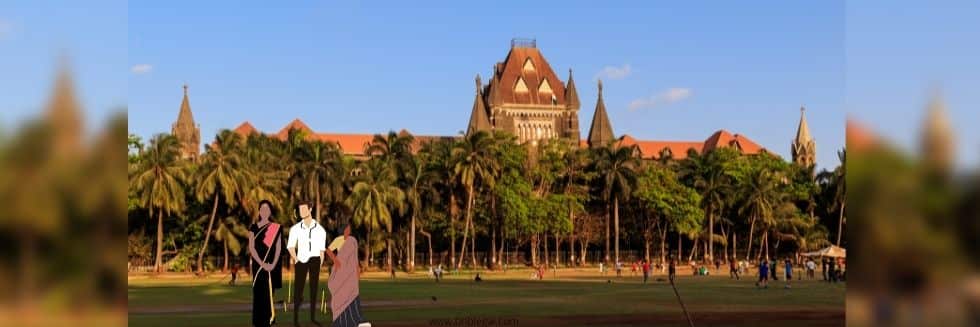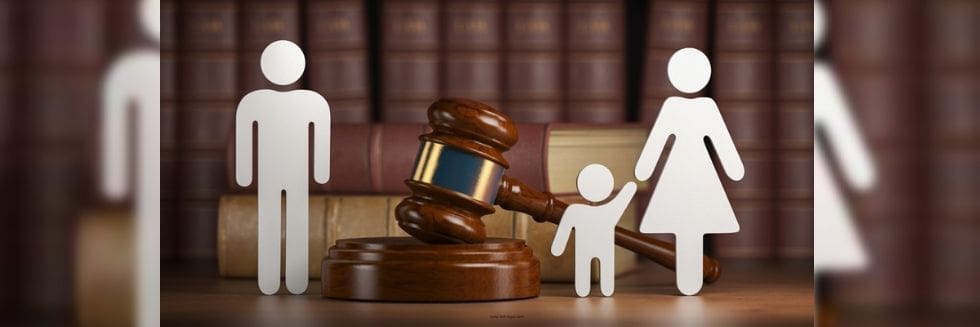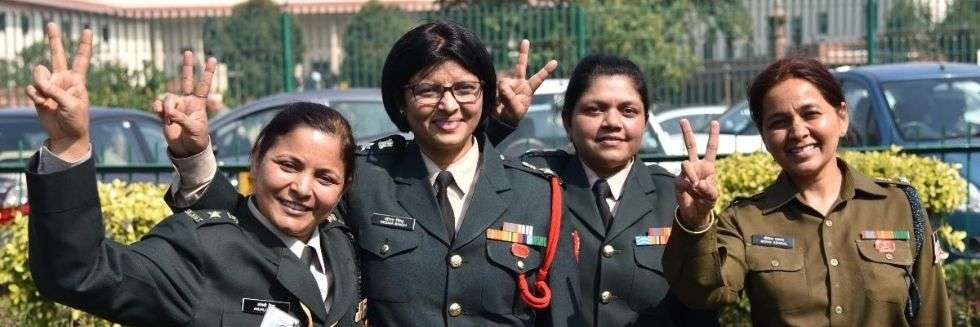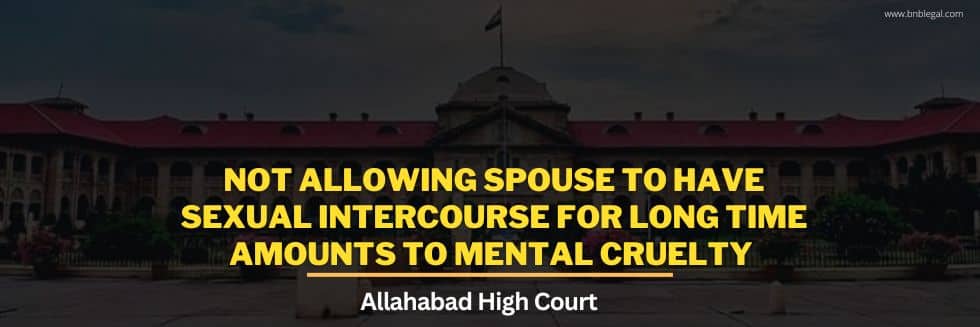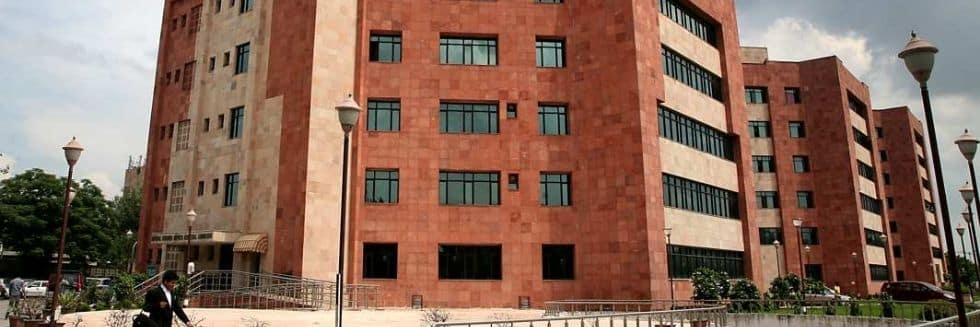Bombay High Court recently held that the second wife of a government employee is not entitled to pension benefits when the first marriage is not legally dissolved.
The division bench of Justices SJ Kathawalla and Milind Jadhav dismissed a petition filed by a Solapur resident Shamal Tate, who was the second wife of a govt employee.
Tate’s husband Mahadeo had died in 1996. He used to work as a peon in the government office of Solapur district collector. He was already married when he married the petitioner.
Mahadeo had married his first wife Paravatibai in July 1962 and then married Tate in May 1974. 58 year old Tate has one son and two daughters.
In 1987, Maghadeo endorsed the name of his second wife Tate to receive the family pension. After his death, the second wife moved a court seeking a succession certificate under Indian Succession Act, 1925.
The court made first wife Parvatibai party in the proceedings as she was alive at that time. Both of them submitted their terms pertaining to their rights. In those terms, Parvatibai had given up her rights over house, property, job, and other post retirement benefits.
On the other hand, Tate had consented to give up her right over family pension. Therefore, the first wife received a family pension till 2005 when she died of cancer.
Following first wife’s death, Tate moved over four petitions seeking family pension benefits. Her applications were rejected.
Advocate Drupad Patil, Amicus Curiae in the matter, argued, “The benefit of family pension can only be provided to a widower or widow whose marriage is lawful. In cases where the husband belongs to the Muslim community or to a community where a second marriage is permissible as per their personal laws, the second wife/widows can be granted family pension.”
He added, “However, in the present case, family pension cannot be granted to Shamal whose marriage to her deceased husband is demonstrably and admittedly void under the Hindu Marriage Act.”
Considering all the facts and arguments, the bench noted, “We may state that in view of the legislative connotations to the provisions of the Maharashtra Civil Services (Conduct) Rules, 1979, read with Hindu Marriage Act, the Pension Rules, cannot be interpreted to mean that a wife of a government employee whose marriage to the government employee was unlawful is also entitled to pensionary benefits.”
The bench went on to add, “It is pertinent to note that Shamal has categorically relinquished her right to claim the family pension of Mahadeo and has consented to the same being granted to the first wife. In view thereof, she is now estopped from filing a claim for family pension given, that she has waived her right to the same.”
